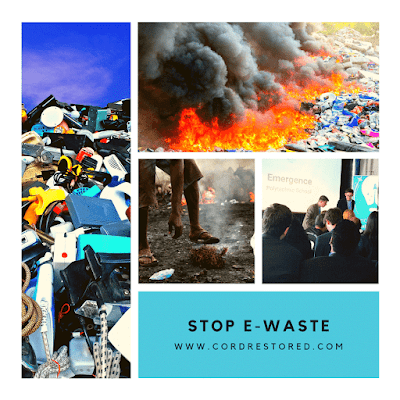Is Zero-Waste 2040 Possible When Pasadena Resident's Waste Increased 50% from 2012-2018?
According to David Cross, in his August 3, 2019, article “Why ‘Zero Waste’ in Pasadena Is Increasingly Harder to Achieve,” Pasadena’s residents have increased their average amount of waste by over fifty percent since 2012. In terms of sheer volume, Mr. Ara Maloyan, Director of Public Works for the City of Pasadena, reported that the amount of waste generated per resident increased from an average of 5.6 pounds of waste per day in 2012 to 8.4 pounds per day by 2018. According to The World Population Review, with an estimated population of 140 thousand people for the City of Pasadena, this translates into over a million pounds of trash generated a day in 2018. To put this into perspective, an Airbus A380, currently the world's largest passenger jet, has a maximum takeoff weight of about 1.1 million pounds. The Union Pacific Big Boy, one of the largest steam locomotives ever built, weighed 1.2 million pounds with a tender full of water and coal. In Pasadena, we are disposing of trash equivalent to the weight of one of the largest planes or trains ever built on a daily basis.
So what has caused this dramatic increase in daily waste? Maloyan reported that recyclable paper waste has decreased as a result of increasing adoption of the Internet for news and communication; interestingly enough, this decrease in paper waste was one of the few sources of profitable recycling streams. On the flip side, all bottle recycling facilities in the City of Pasadena have shuttered due to business difficulties. Outside of bottles and paper, many other current streams of recyclables are less profitable and are more expensive to recycle. Furthermore, introduced in early 2018, China’s National Sword policy has dramatically reduced the amount of U.S. scrap materials that can be exported.
For my Capstone project, I will be reaching out to the City of Pasadena to see what local residents and businesses can do to support Pasadena's goal of achieving its zero-waste target for 2040. I will update this blog as I learn more about what we can do at a local level to make a global impact. A big thank you to Mr. Greg O'Leary for being my mentor through the grant-writing proposal process.




Comments
Post a Comment